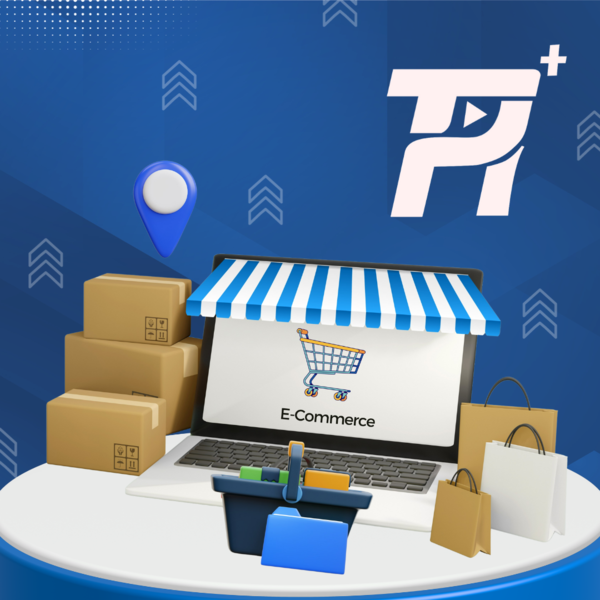The digital ecosystem took a breather during the pandemic and has scaled many businesses into what we now call as the New E-Commerce.
Is the retail industry which connects business owners to its intended consumers following a B2C model is the biggest benefactor of the New E-Commerce.
- Wider Customer Reach: E-commerce allows retail businesses to reach customers beyond their physical store’s geographical location. This can significantly expand the customer base and increase sales potential.
- Convenience for Customers: Many consumers prefer the convenience of shopping online. With an e-commerce platform, customers can browse and make purchases 24/7, without the constraints of traditional store hours.
- Increased Sales: An online store can increase a retail business’s sales by catering to customers who prefer to shop online or who live too far from the physical store. It can also help capture sales during peak shopping seasons or holidays.
- Reduced Overhead Costs: While setting up and maintaining an e-commerce platform requires an initial investment, it can lead to lower overhead costs compared to running a brick-and-mortar store. You may not need as much physical space, and you can save on expenses like rent, utilities, and in-store staff.
- Diversification of Sales Channels: E-commerce provides a secondary sales channel alongside physical retail stores. This diversification can protect the business from unforeseen challenges, such as economic downturns or disruptions like the COVID-19 pandemic.
- Data and Analytics: E-commerce platforms can collect valuable data about customer behavior, preferences, and purchasing patterns. Retail businesses can use this data to make informed decisions and tailor their offerings to meet customer needs more effectively.
- Personalization: E-commerce platforms can use customer data to personalize the shopping experience. This includes recommendations based on past purchases, customized product offerings, and targeted marketing.
- Global Market Access: E-commerce allows retail businesses to tap into the global market, reaching customers in different regions and even different countries. This can be especially beneficial for businesses with unique or niche products.
- Inventory Management: E-commerce systems often integrate with inventory management software, making it easier to track and manage stock levels, reducing the risk of overstocking or running out of popular products.
- Competitive Advantage: In today’s digital age, having an online presence is often expected by consumers. Retail businesses that lack e-commerce capabilities may lose customers to competitors who offer the convenience of online shopping.
- Marketing and Promotion: E-commerce platforms enable retailers to implement various online marketing strategies, including social media advertising, email marketing, and search engine optimization (SEO) to attract and retain customers.
- Flexibility and Adaptability: E-commerce allows businesses to adapt quickly to changing market conditions and customer preferences. They can update product listings, pricing, and promotions in real-time.
However, it’s essential for retail businesses to carefully plan and execute their e-commerce strategies. This includes investing in user-friendly and secure e-commerce platforms, optimizing the website for mobile devices, providing excellent customer support, and ensuring a smooth and secure online shopping experience. Additionally, businesses must consider logistics, payment processing, and cybersecurity to build trust with online customers.

